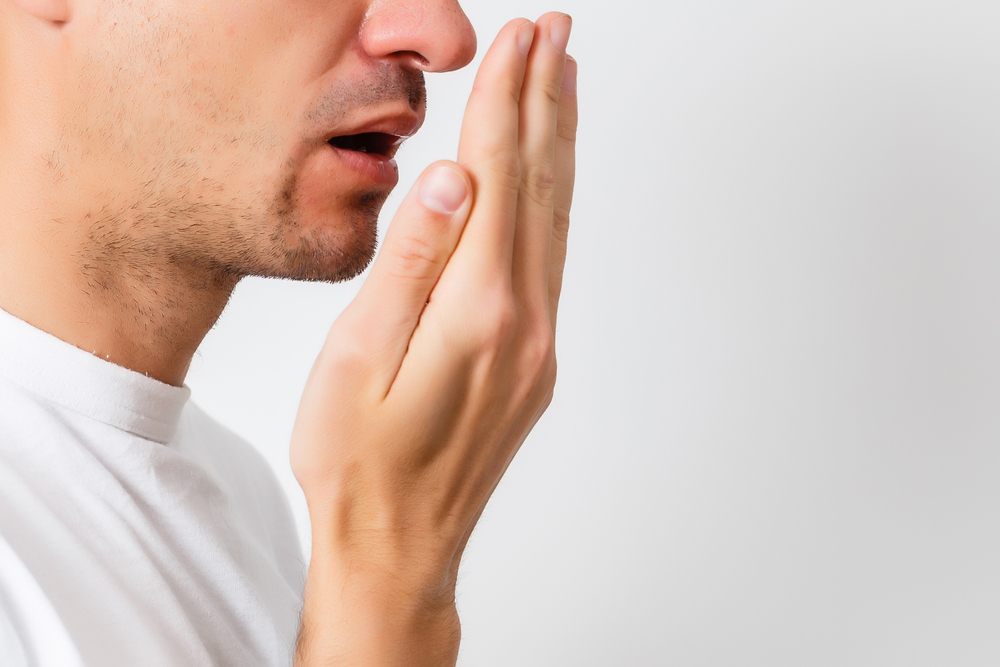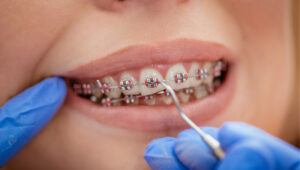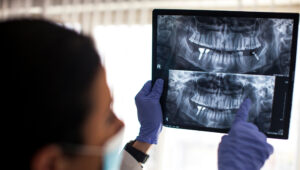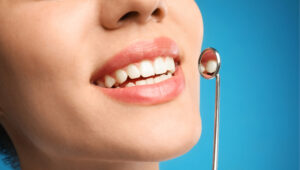Saying Goodbye to Bad Breath: Modern Treatment Approaches
Bad breath, or halitosis, is a common health issue caused by various factors such as poor oral hygiene, periodontal diseases, and deep cavities. It can negatively affect personal and social life. The main cause of bad breath is often volatile sulfur compounds, which are produced by bacterial activity in the mouth and lead to foul odors.
Causes of Bad Breath
Bad breath can be caused by several factors. Some of the most common causes include:
- Dental and Gum Diseases: Tooth decay and gum diseases, such as gingivitis or periodontitis, can lead to bad breath.
- Dry Mouth (Xerostomia): Saliva naturally helps clean the mouth. When saliva production decreases, dry mouth can occur, leading to bad breath.
- Foods: Certain foods, such as garlic and onions, can temporarily worsen your breath.
- Smoking and Alcohol Use: Smoking and alcohol consumption can contribute to bad breath and damage oral health.
- Dentures: Dentures can also cause bad breath if not properly cleaned. It’s important to clean your dentures regularly and store them in a clean solution overnight.
- Food Particles on the Tongue: Leftover food particles on the tongue can also contribute to bad breath. Regular tongue cleaning can help reduce this odor.
How is Bad Breath Diagnosed?
Diagnosis of bad breath can involve organoleptic measurement, gas chromatography, or halimeter devices. These methods detect volatile sulfur compounds responsible for bad breath.
Modern Treatment Approaches
There are several modern approaches to treating bad breath:
- Regular Oral Care: One of the most effective ways to prevent bad breath is to brush your teeth twice a day and floss regularly. Cleaning your tongue also plays an important role in maintaining good oral health and fresh breath.
- Professional Dental Cleanings: Regular visits to the dentist for professional cleanings can help remove plaque and tartar buildup, reducing the chances of bad breath.
- Mouthwash: Antibacterial mouthwashes can kill the bacteria responsible for bad odors.
- Adequate Water Intake: Drinking plenty of water helps prevent dry mouth and stimulates saliva production, which in turn can reduce bad breath.
- Probiotics: Bad breath can be treated with probiotics. These beneficial bacteria help prevent the growth of harmful microorganisms in the mouth and promote saliva flow, which reduces bad breath.
Conclusion
With regular oral care and appropriate treatment, bad breath can be prevented and treated effectively. If you are experiencing persistent bad breath, consulting with a dentist can help you create an effective treatment plan tailored to your needs.







